Sex
Rediscovering Physicality and Manhood After Prostate Cancer
My libido is about more than sex, and my manhood is about more than libido.
Posted May 6, 2021 Reviewed by Davia Sills
Key points
- Physical activity and connection with nature combine to support emotional and spiritual recovery after cancer treatment.
- Libido is about love of life and should not be limited to inflexible forms of sexual expression.
- Male identity can be re-imagined after bodily changes remove aspects of conventional manhood.
My energy began pouring into all-around physicality two months after prostate cancer treatment. This is helping me rediscover my manhood. I still feel sore and a kind of emptiness where my prostate used to be, but the rest of my body is raring to go. Since I got the six-week prostate-specific antigen (PSA) clear result (i.e., no currently active cancer remaining), I have also been cleared for all kinds of physical activity.
I am lucky to have bounced back into action. It helps me keep two of my pre-surgery promises to myself:
- My libido is not limited to my sexuality.
- My manhood is not limited to my libido.
My wife and I are so privileged to be "caught" during South Africa's most severe COVID-19 lockdown in a wild and remote place about 100 km from Cape Town. While outdoor exercise is banned in the cities during this lockdown, we are free to roam this land where we're supporting the recovery of indigenous vegetation. I revel in the scope it gives for sheer physical action—and it really helps me celebrate being alive after cancer treatment. Robotic-assisted laparoscopic surgery (RALP) is miraculous in terms of quick recovery time.
Getting active outdoors.
Pictures tell this part of the story quicker than words.
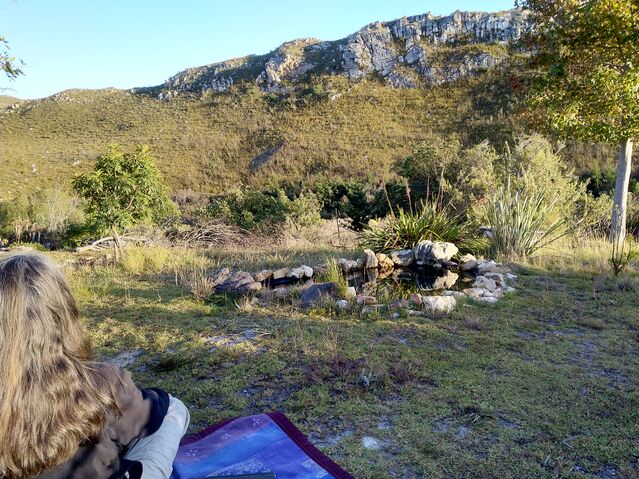
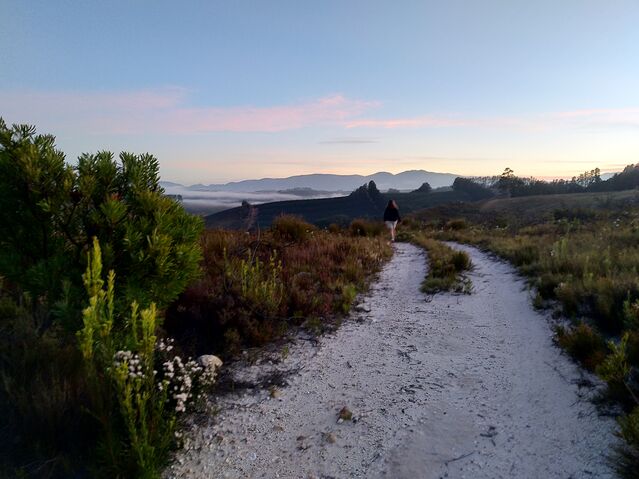
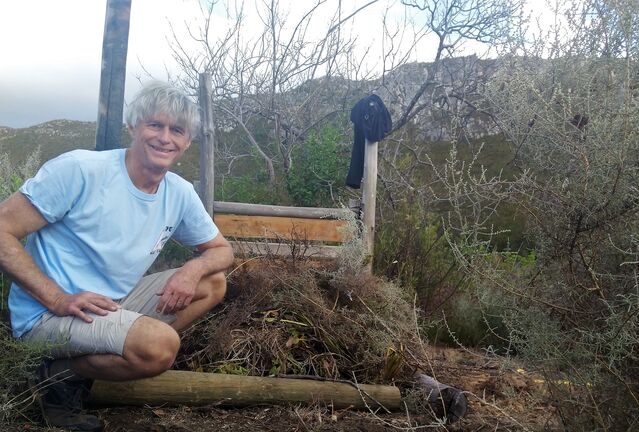
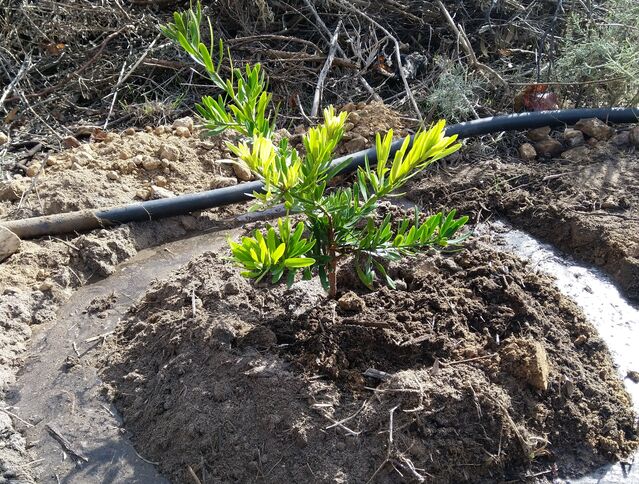
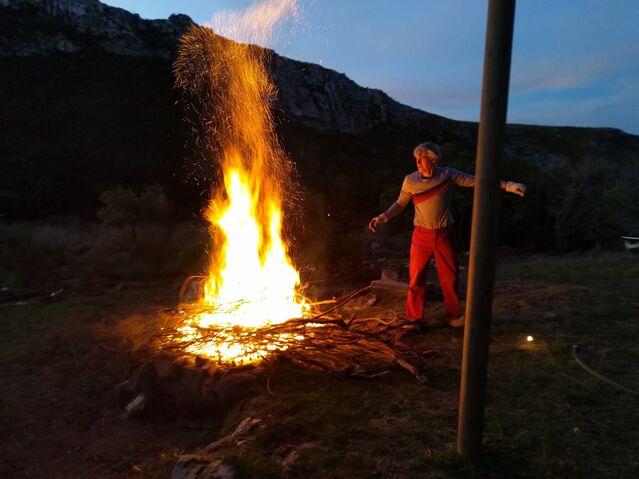
Libido is more than sex.
Any kind of prostate cancer treatment impacts men's entire genital area—and for most of us, sexual function is impaired for months and/or years. This outdoor life teaches me that physicality after cancer is not at all limited to sexuality. I made a promise to myself before treatment: I will love life and continue to put my energy out in the world in the best ways that I can
It is really important to me to acknowledge that two months after surgery, the majority of my libido is non-sexual. And, to my great surprise, this is actually quite fulfilling.
There is something deep going on for me about appreciating just being on this planet. Being connected with the Earth and in a good reciprocal relationship with nature. I am grateful for being able to nurture life by planting trees, bringing water to them, and husbanding the cycle of life through composting.
Manhood is not limited to libido.
I live in a man's body, and like it or not, a big part of my identity is linked to my manhood. I feel like chunks of identity I'd taken for granted are simply fizzling out.
My radical prostatectomy treatment has permanently removed my ability to make babies—and I am so lucky I already have two fine sons. Now my treatment is also seriously impairing my ability to have conventional sexual intercourse. This deeply frightens me. But as I wrote in my journal this morning:
"My nightly healing practice is helping me to simply accept that my sex drive is taking a break. It helps me have compassion for myself while my system both recovers and rewires."
Yoga, hiking, digging, tree planting, and making fires are in no way limited to male people! Yet for me, there is something deeply therapeutic about re-engaging with these activities. I am rediscovering my manhood through physicality after cancer.
Somehow this physicality is helping me re-inhabit my (male) body. And it definitely helps me accept the new kind of maleness that is beginning to emerge after cancer.
This post also appears at RecoveringMan.net.
References
Kimmerer, Robin Wall (2013). Braiding Sweetgrass: Indigenous Wisdom, Scientific Knowledge and the Teachings of Plants. Minneapolis, Minnesota: Milkweed Editions.


